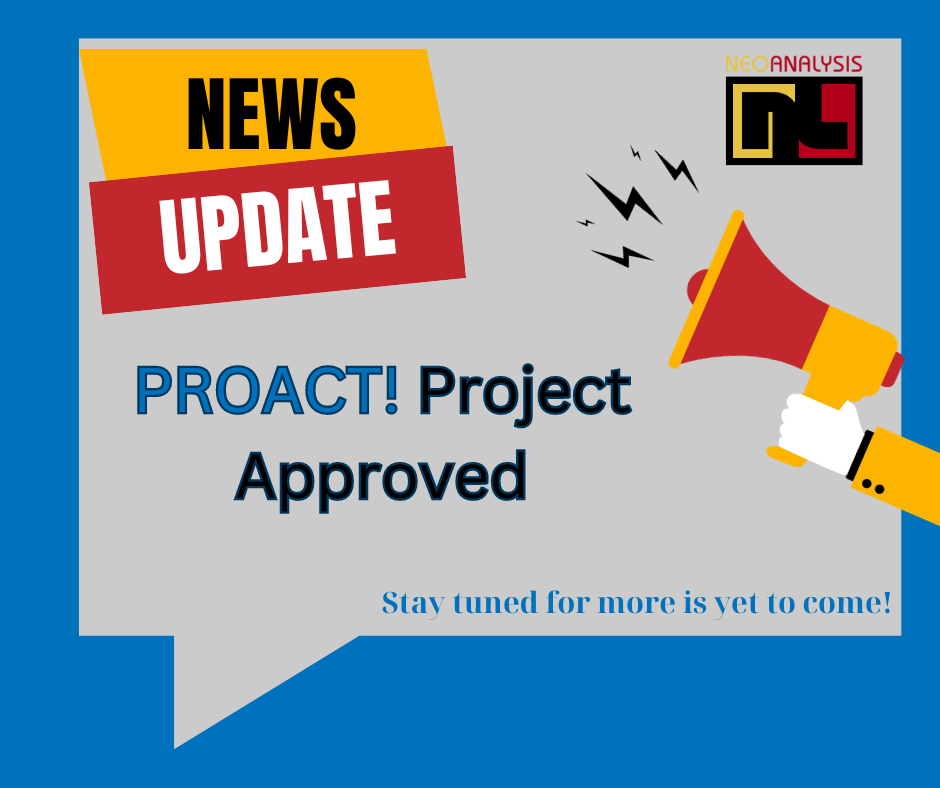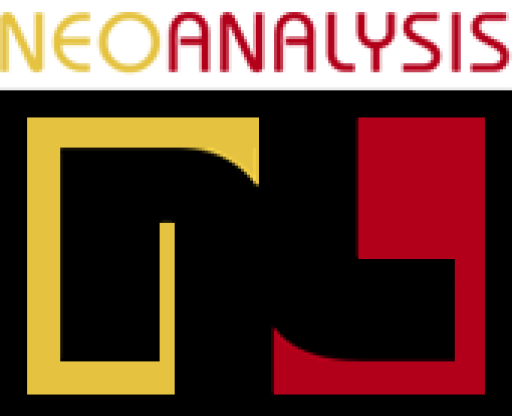
KA2 “PROmote digital ACTivism through digital tools” (PROACT!) project got approved!
Neoanalysis is happy to announce that the KA2 “PROmote digital ACTivism through digital tools” (PROACT!) project got approved!
PROACT! is a small-scale partnership consortium with partner organizations from Spain (Ecolucion), the Netherlands (Stichting yEUth), and Greece (Neoanalysis).
The project aims to:
– Improve the competencies and the skills of young workers in using digital tools, digital storytelling, and other perspectives of digital activism as youth reactivating methods.
– Improve the competencies of young workers to work with disadvantaged young people and increase their focus to improve their basic competencies and skills for life in the XXI century.
– Improve cooperation between organizations and interested parties active in the field of young people’s empowerment, digital citizenship, and civic agreement, facilitating their development of skills through job creation, the transfer of methodological knowledge, and the exchange of experiences.
– Offer a group of disadvantaged young people an opportunity to improve their digital skills through no formal education.
– Raise awareness of the problems that affect vulnerable youth groups, and disseminate messages of tolerance and respect for multiculturalism through campaigning in the social spheres.
– Facilitate the exchange of experiences and good practices on digital citizenship and youth activism for disadvantaged young people (NEETs, immigrants/refugees, and young people who face social obstacles).
The target groups of PROACT! are:
1. Youth work professionals working on youth empowerment and digital literacy;
2. Young adults from disadvantaged backgrounds between the ages of 18
and 30, specifically facing the following disadvantages:
• NEETs (“They neither study nor have a job or training).
• Young adults facing economic obstacles, with low income or from poor families.
• Young people with low educational titles, such as school.
PROACT! focuses on the promotion of intercultural dialogue, tolerance, and solidarity between countries with varied cultural and historical backgrounds. More specifically, the project aims to foster multiculturalism and respect for diversity within the micro-realities of different countries, especially in the context and for the benefit of societies containing marginalized social groups.
Stay tuned for more!
